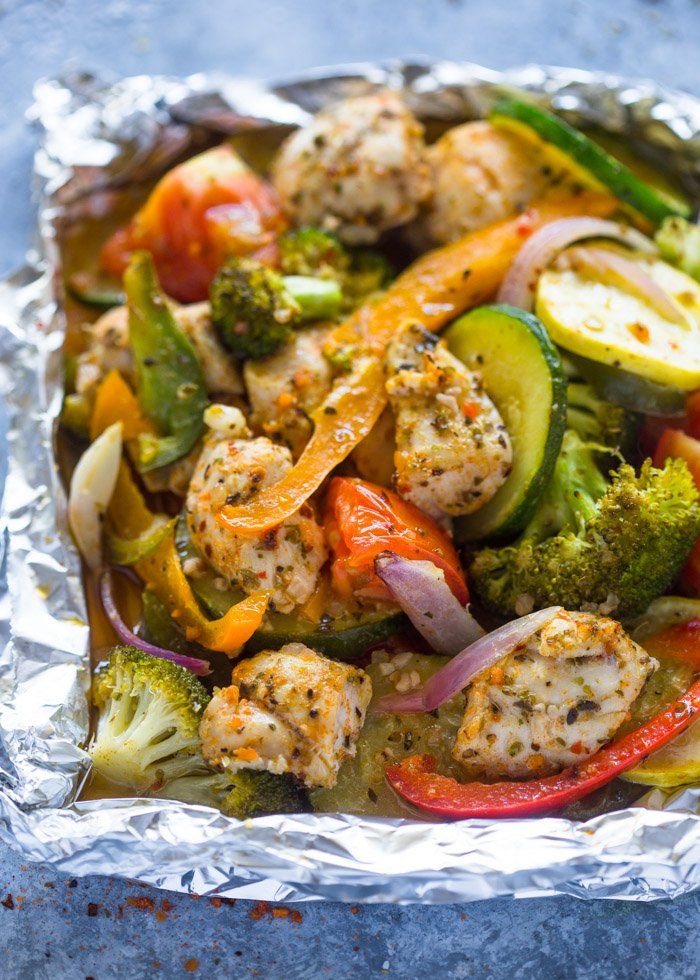


Working across seven days gives you flexibility. As you plan, jot down what you are doing each day (meeting mates for a drink after work, picking the kids up late from football) and think about what time you have to cook, if at all. If cooking’s not exciting, in six months you’ll be back on takeaways.” Allow for real lifeĪ meal plan should not dictate your life. Start on Friday night’s curry if that’s the meal you look forward to most, or Sunday roast if that’s non-negotiable. Make it enjoyable, urges the chef Miguel Barclay, the author of One Pound Meals: “You don’t have to start on Monday. If you prefer, there are apps (Yummly, SideChef, Smart Recipes) that can help you pick meals and recipes and generate shopping lists.

Whether you use a Google doc, a spreadsheet, a magnetic fridge whiteboard or a simple notepad, you first need to setup a seven-day planner that you can easily edit – one week being a reasonable timeframe in which to use fresh ingredients before they spoil. It’s a money-saver for anybody.”īut where do you start? Here are 10 tips from experts. “I’m really keen this isn’t seen as a middle-class hobby. “If you’re wasting food, you’re wasting money,” she says. But whether you cook complex dishes from scratch every night or are more of a pasta-and-sauce person, to Turner, planning makes unbeatable ecological and financial sense. True, using every scrap of your shopping across purposefully planned meals is a habit you have to develop.


 0 kommentar(er)
0 kommentar(er)
